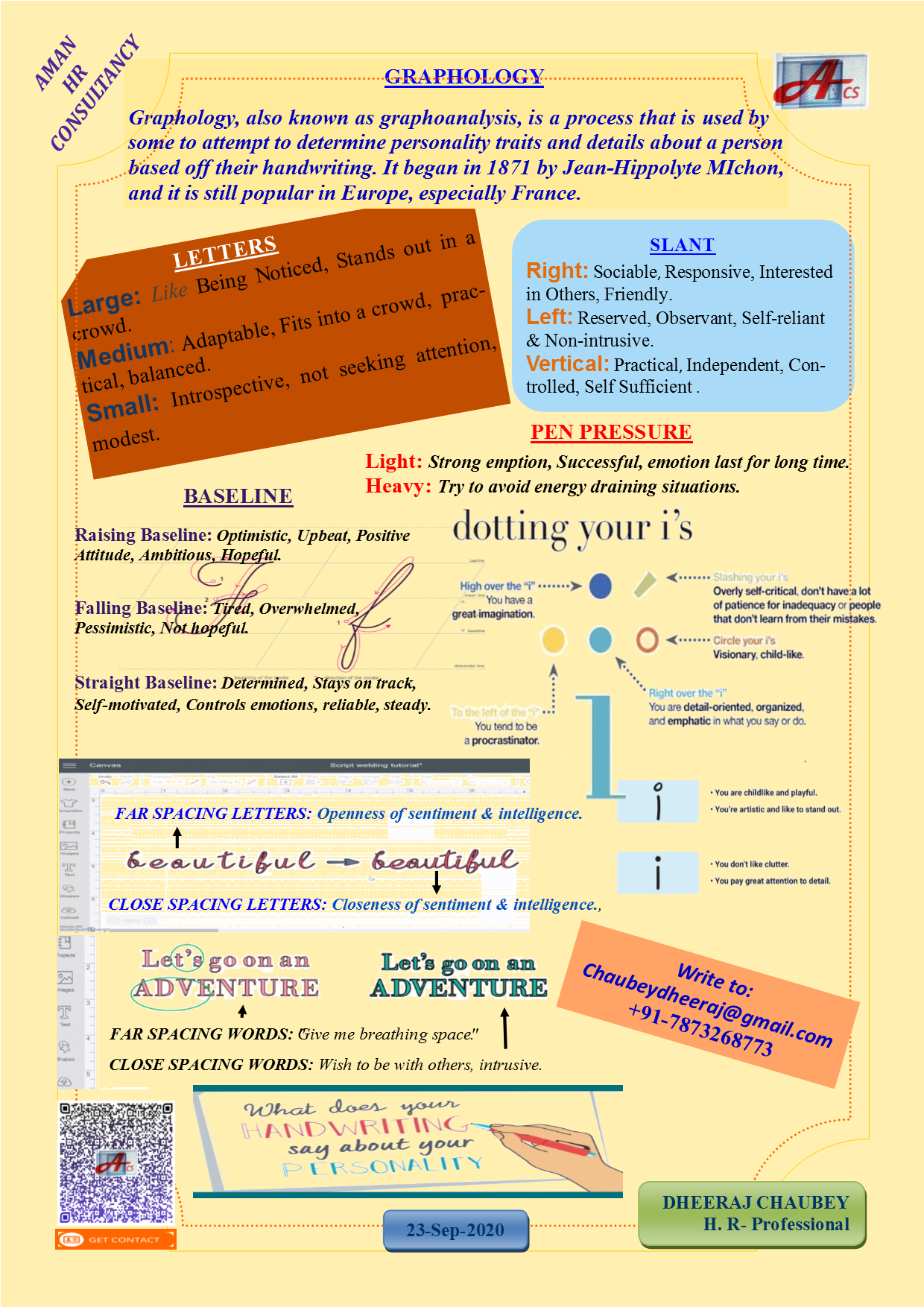Search This Blog
Gained exposure to Human Resource by working with establishments in India and abroad having multiple industries like Cement, Construction and M.D.f Board Industry. available with advice and help to new H.R fraternity to handle "Personnel / Auditing" functions of their establishments.
Featured
- Get link
- X
- Other Apps
Tips to Face Interview
Tips to Face Interview
Hiring is one of the
hardest parts of managing a team. A lot is riding on the initial meeting, and
if you're nervous or ill-prepared—or both—it can make you do strange things.
The following mistakes are all too common, but they're easy to avoid with some
advance preparation.
1. You Talk Too Much
When giving company background, watch out for the tendency to prattle
on about your own job, personal feelings about the company, or life story. At
the end of the conversation, you'll be aflutter with self-satisfaction, and
you'll see the candidate in a rosy light—but you still won't know anything
about her ability to do the job.
2. You Gossip or Swap War Stories
Curb your desire to ask for dirt on the candidate's current employer or
trash talk other people in the industry. Not only does it cast a bad light on
you and your company, but it's a waste of time.
3. You're Afraid to Ask Tough Questions
Interviews are awkward for everyone, and it's easy to over-empathize
with a nervous candidate. It's also common to throw softball questions at
someone whom you like or who makes you feel comfortable. You're better off
asking everyone the same set of challenging questions—you might be surprised
what they reveal. Often a Nervous Nellie will spring to life when given the chance
to solve a problem or elaborate on a past success.
4. You Fall Prey to the Halo Effect (or the Horns Effect)
If a candidate arrives dressed to x-x-/, gives a firm handshake, and
answers the first question perfectly, you might be tempted to check the
imaginary "Hired!" box in your mind. But make sure you pay attention
to all his answers, and don't be swayed by a first impression. Ditto for the
reverse: the mumbler with the tattoos might have super powers that go
undetected at first glance.
5. You Ask Leading Questions
Watch out for questions that telegraph to the applicant the answer
you're looking for. You won't get honest responses from questions like,
"You are familiar with Excel macros, aren't you?"
6. You Invade Their Privacy
First of all, it's illegal to delve too deeply into personal or
lifestyle details. Secondly, it doesn't help you find the best person for the
job. Nix all questions about home life ("Do you have children?"
"Do you think you'd quit if you got married?"), gender bias or sexual
preference ("Do you get along well with other men?"), ethnic
background ("That's an unusual name, what nationality are you?"), age
("What year did you graduate from high school?"), and financials
("Do you own your home?")
7. You Stress the Candidate Out
Some interviewers use high-pressure techniques designed to trap or
fluster the applicant. While you do want to know how a candidate performs in a
pinch, it's almost impossible to recreate the same type of stressors that an
employee will encounter in the workplace. Moreover, if you do hire the person,
they may not trust you because you launched the relationship on a rocky
foundation.
8. You Cut It Short
A series of interviews can eat up your whole day, so it's tempting to
keep them brief. But a quick meeting just doesn't give you enough time to gauge
a candidate's responses and behavior. Judging candidates is nuanced work, and
it relies on tracking lots of subtle inputs. An interview that runs 45 minutes
to an hour increases your chances of getting a meaningful sample.
9. You Gravitate Toward the Center
If everyone you talk to feels like a "maybe," that probably
means you aren't getting enough useful information—or you're not assessing
candidates honestly enough. Most "maybes" are really "no, thank
yous." (Face it: He or she didn't knock your socks off.) Likewise, if you
think the person might be good for some role at some point in the future, then
they're really a "no."
10. You Rate Candidates Against Each Other
A mediocre candidate looks like a superstar when he follows a dud, but
that doesn't mean he's the best person for the job. The person who comes in
tomorrow may smoke both of them, but you won't be able to tell if you rated Mr.
Mediocre too highly in your notes. Evaluate each applicant on your established
criteria—don't grade on a curve.
Dheeraj Chaubey
dheerajchaubey.blogspot.com
+91-7873268773
HR Professional
- Get link
- X
- Other Apps
Popular Posts
Human Resource Management Called "GRAPHOLOGY" an effective tool of Human Resource Management".
- Get link
- X
- Other Apps
What Are The Ways To Increase Employee Engagement During Covid19?
- Get link
- X
- Other Apps



Comments
Post a Comment